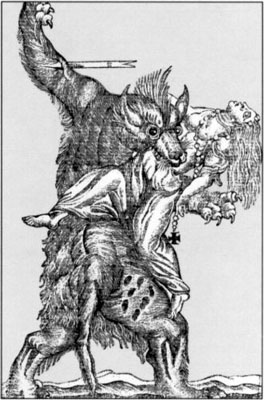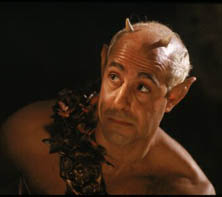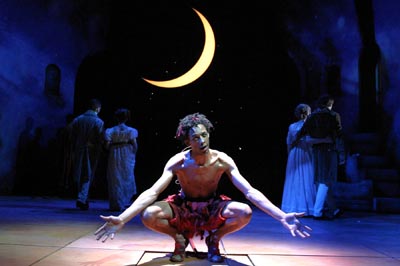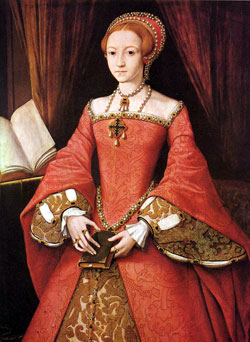
The Globe Theatre
The Rude Mechanicals

Peter Quince, the carpenter-The Prolong
Snug, the joiner-Lion
Nick Bottom, the weaver- Pyramus
Tom Snut, the tinker- Wall
Robin Starveling, the tailor- Moonshine
Theseus, the Duke of Athens, is going to marry Hippolyta, Queen of the Amazons, in four days. As the two discuss arrangements, Egeus walks in his daughter, Hermia, and her two suitors, Lysander and Demetrius. Egeus complains to the Duke that his daughter won't marry the man he has chosen for, Demetrius. Hermia is in love with Lysander, and he is in love with her. The Duke tell Hermia she must listen to her father, become a nun, or be out to death; he has given her four days to decide. Theseus and Hippolyta leave, and Egeus and Demetrius are pulled aside to be spoken to with the Duke. Hermia and Lysander make a plan to meet at midnight in the forest to run away together to his aunt's, where the can be married. Helena walks in and Hermia tells her about the plan she made with Lysander. Helena, who is in love with Demetrius, runs off to tell him the plan and hopes to regain his love. Meanwhile, the rude mechanicals are putting together a plan in hopes of being to chosen to perform at the wedding of Theseus and Hippolyta. They decide to meet in the forest that night for practice in secrecy.
Later that night, Oberon, the King of Fairies, is mad and jealous that the Queen of Fairies, Titinia, won't give up the little Indian boy to him. Oberon has Robin Goodfellow, a mischievous spirit, go fetch a flower whose nectar can act a love potion when placed in the eye of a sleeping person. Oberon wants to use the nectar on Titinia, in hopes that she will see a beast when she wakes and fells madly in love with it. At this point, Lysnader and Hermia have met in the forest and are too tired to travel for the night, the lay separate on the ground and sleep. Demetrius, followed by Helena, is going through the forest to find Hermia and Lysander. Demetrius keeps telling Helena to go away for he does not and can't not love her. Oberon sees what is going on and tell Robin to put some nectar on the gentleman with Athenian armor, for he needs to love Helena. Robin mistakes Lysander for Demetrius and puts some on him. Lysander is awoken when Helena comes towards him. Lysander is now in love with Helena, and Helena thinks he is playing to trick on her to be cruel. She runs off and Lysander chases after her. Oberon notices the mistake and tells Robin to use the nectar on the right guy. Demetrius has grown tired while wandering in the woods and lays down to sleep. Robin finds him and puts some of the nectar on him. He is awoken by Helena, who is being followed by Lysander. Now both of the men are in love with Helena and both are proclaiming their love for her. Hermia wakes to find Lysander is not there and goes off to find him. The Rude Mechanicals have met and are going over their lines. Many ideas and phrases are being thrown around so everyone walks off in a different direction.
Hermia finds the three and runs up to Lysander. He tells her he no longer loves her and tells her to go away. Helena thinks Hermia put both of the men up to this cruel trick and Hermia is confused about what is going on. Bottom, rude mechanical, walks upon the Queen of Fairies and awakens her. The Queen is now in love with Bottom. Oberon has made a mess of things and tries to fix it. He has Robin cloud the sky. Lysander and Demetrius run off to fight but with the night so dark, they grow tired and they go to sleep. Helena and Hermia also have run off and gone to sleep.
.


















